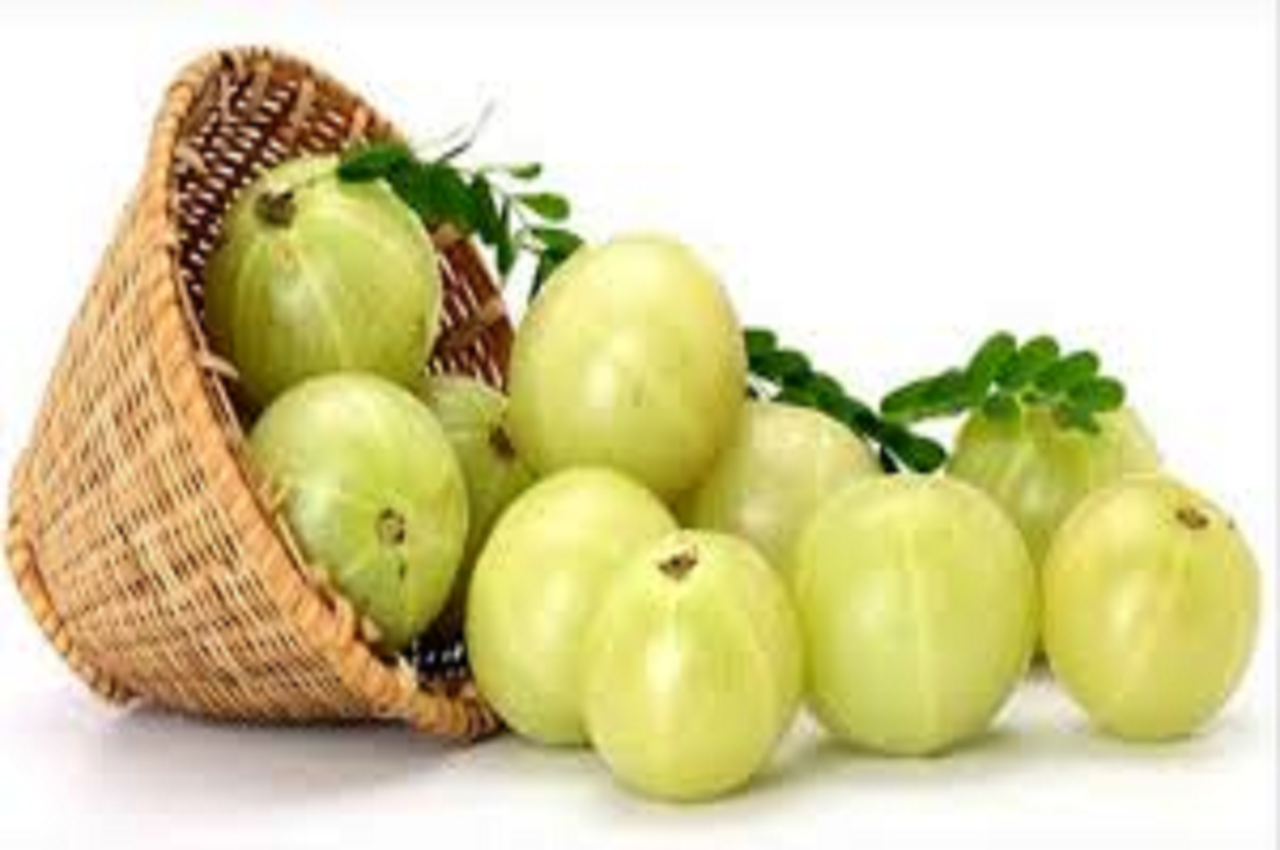As the seasons change, so does the body’s strength. A strong immune system will protect you from disease-causing germs and reduce your chances of contracting serious illnesses. Each season demands a different schedule and nutrition to adapt to the outside environment and temperature.
Peanut
Peanuts are high in protein, good fats, and other micro- and macronutrients that keep the body warm and keep us healthy.
Amla
Amla is the best source of vitamin C, which aids with immunity. It is also known to boost psychological well-being in addition to decreasing skin problems and halting hair loss. As a result, eating one Amla murabba every day during the winter will be healthy.
Sweet Potato
Sweet potatoes (Shakar kand) are high in vitamin A, potassium, and a range of other nutrients that aid in the development of stamina and the strengthening of the human immune system. It is also high in minerals like beta-carotene and vitamin C. Sweet potatoes can help with inflammation and constipation. You can boil it, eat it plain, or make a chaat with it. It is also suitable for the elderly and children if milk is added to it.
Chyawanprash
Chyawanprash is a combination of 20 to 40 Ayurvedic ingredients and plants with immune-boosting properties. Chyawanprash is also known for improving memory, cleansing the blood, preventing seasonal infections, and promoting digestion. As a result, it is recommended to take a teaspoon of chyawanprash after meals to increase your immunity on multiple levels.
Jaggery
Jaggery is high in iron and minerals. Because of its therapeutic properties, it must be consumed during the winter season. It helps to increase body heat by increasing blood flow throughout the body. However, because too much sugar can cause loose stools or mouth ulcers, jaggery should be used in tiny amounts every day.













